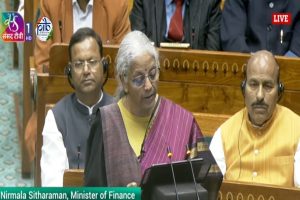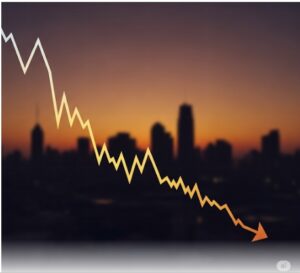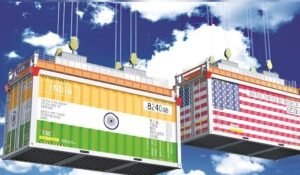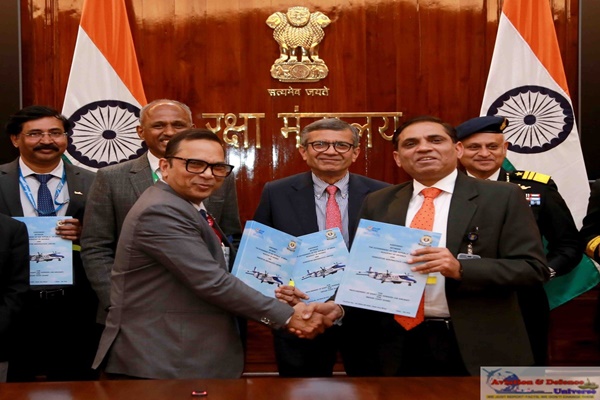Last Updated on May 16, 2025 12:50 pm by BIZNAMA NEWS
Growth in the first quarter contracted for the first time in a year as rising prices put household budgets under stress. But that was before US tariffs took full effect. Economists expect next quarter to be even worse.
Japan’s gross domestic product was shrinking even before the bulk of U.S. President Donald Trump’s tariff measures took force, leaving the economy at risk of sliding into recession as Prime Minister Shigeru Ishiba heads into an election and the central bank weighs policy.
The economy flipped back into reverse in the first three months of 2025, contracting by 0.7% on an annualized basis adjusted for inflation, according to a report by the Cabinet Office released Friday.
The GDP decline was larger than a 0.3% contraction forecast by economists. Weaker trade figures were the main factor driving the slide, with stalling consumer spending offering little in the way of support.
The first contraction under Ishiba’s watch adds to concerns about the resilience of the economy before the bulk of Trump’s tariffs came into effect in the current quarter. The contraction is likely to fuel ongoing political debate over the need for tax cuts or cash handouts ahead of an Upper House election this summer. Ishiba’s approval rating remains under pressure in local polls, hitting the lowest level of his premiership this month.
https://www3.nhk.or.jp/nhkworld/en/news/videos/20250516204318497
The result had little impact on the yen as the larger story of Trump’s perceived desire for a weaker dollar continued to nudge Japan’s currency upward. But the weakness in the economy supports the case for the Bank of Japan to pause its rate hikes while it monitors the potential impact of the levies after having halved its growth forecast for this year earlier this month.
Overnight swaps following the GDP result showed market expectations for another rate hike by July at just 12%, compared with around 78% at the beginning of April before Trump unveiled his wider tariff plans.
“It’s highly likely that Japan’s economy will shrink again this quarter,” said Taro Saito, head of economic research at NLI Research Institute, flagging the risk of a technical recession. “While there’s no tangible impact of the U.S. tariffs in this data, that will kick in from this quarter. Exports will go down and capital spending will slow because of concerns for the outlook.”
The data showed a drop in exports and a jump in imports resulted in net trade weighing on the economy in the first three months of the year following a hefty boost in the previous quarter.
Consumer spending, which accounts for roughly half of the economy, was largely flat. Consumption has stayed below its pre-pandemic level as inflation saps purchasing power, with private outlays around the same level they were a decade ago in real terms.







